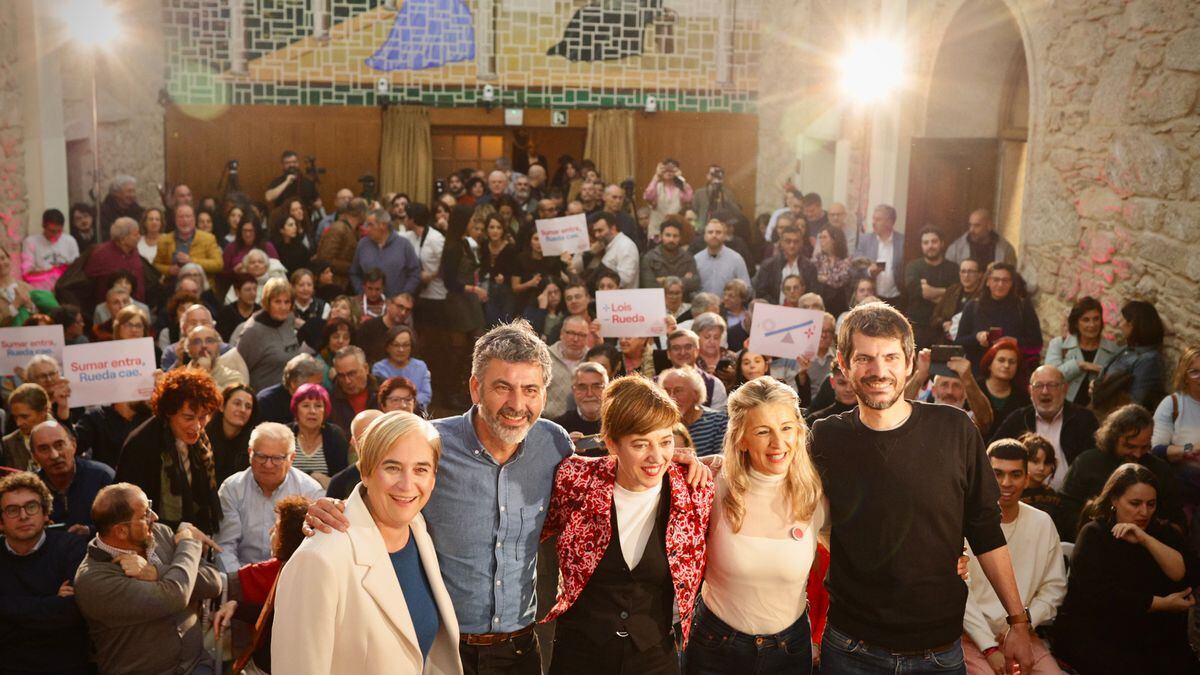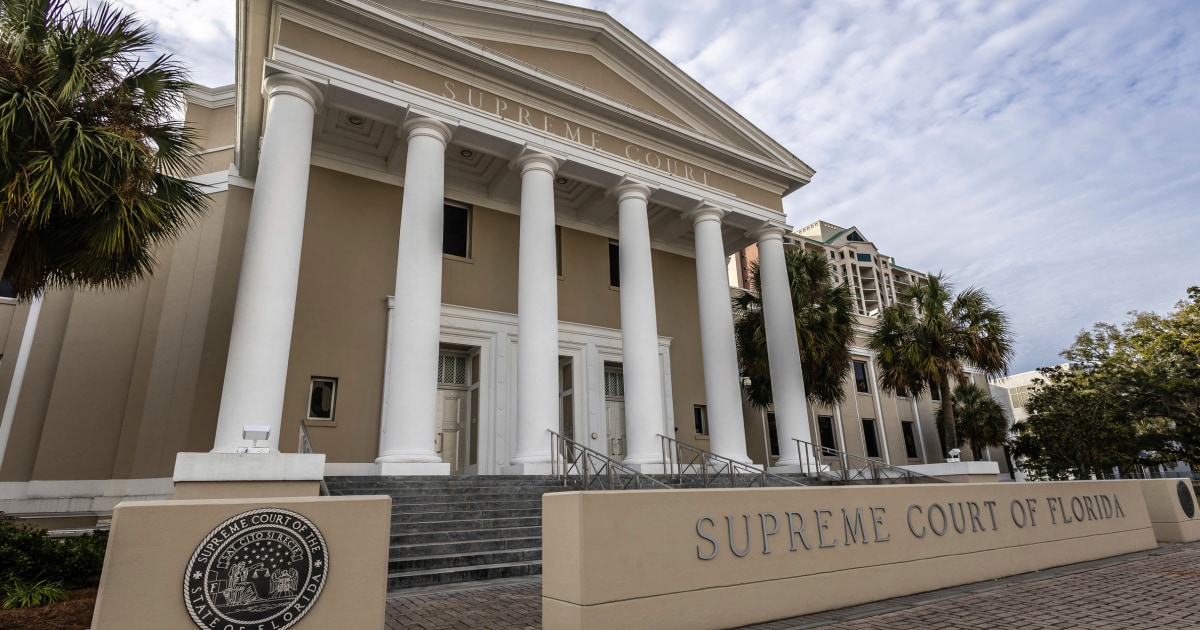The mayor of Barcelona, Ada Colau, after hearing about the judicial investigation into alleged irregularities in subsidies. MASSIMILIANO MINOCRI (EL PAÍS)
The arrival of Ada Colau to power in Barcelona, in 2015, was not a panacea for the four entities related to the mayor who are in the crosshairs of justice. Despite the close links with Colau and with several members of his government team, the associations - the DESC Observatory, the Platform for People Affected by Mortgages, Engineers without Borders and the Alliance against Energy Poverty - “did not specifically benefit from a special favor treatment”. Before, with the governments of the PSC and CiU, they already received large subsidies, which in the Colau stage were processed "the same as those destined for hundreds of entities."
This argument was the central axis that led the Barcelona anti-corruption prosecutor Luis García Cantón to file, in July 2021, the complaint against Colau and six councilors and former councilors (Jaume Asens, Gerardo Pisarello, Eloi Badia, Laia Ortiz, Gala Pin and Laura Pérez) who, four months earlier, had presented the Catalan Lawyers for the Constitution platform. Closed the path of the prosecution, another entity, the Association for Transparency and Democratic Quality (ATCD) picked up the glove and filed a complaint with very similar content in court, which has been admitted for processing.
The prosecutor recalls that, between 2008 and 2014, DESC received subsidies for 978,000 euros and Engineers without Borders, for an amount of 1.3 million. "This data allows us to deduce that the arrival of those reported to the municipal power has not been the trigger for a series of decisions aimed at benefiting related entities." The decree admits that these grants were awarded directly, a procedure "debatable or not" that "seemed to be the one used with regular frequency by the consistory": in 270 grants to other entities the same circumstances occur. The file concludes that there may be “administrative irregularities”, but that in any case they must be resolved through administrative channels and not criminal ones.
In addition to citing Colau as being investigated, the judge has requested the files of the agreements signed with these organizations between 2014 and 2021. In his investigation proceedings, the prosecutor has already reviewed some of the files, requested the reports of the Intervention of the City Council of Barcelona and even asked the National Police for a report on the "possible personal or professional relationship" of the defendants with the beneficiary entities of the subsidies.
The file decree, ten pages long and to which EL PAÍS has accessed, details the result of that investigation.
It notes, from the outset, the “relationship” of those denounced with the entities before assuming power: Colau was the spokesperson for the Platform of People Affected by Mortgages for five years;
Jaume Asens was a prominent member of the DESC Observatory;
Eloi Badia was listed as the
project manager
of Ingenierios sin Fronteras.
Despite this ideological closeness and professional link, the councilors voted, as members of the government commission, to approve the subsidies to these entities within a multi-year agreement, in force since 2014, on
the Right to housing: collective empowerment and legal advice and social
.
Irregularity yes, crime no
The prosecutor recalls that Colau and his councilors "should have complied with the duty of abstention", as provided for by the public sector law, to "preserve the ethics that must be assumed in a decision of this depth".
But he rejects that they had committed any crime.
If there is any irregularity, the prosecutor points out, it must be resolved in the contentious-administrative sphere and not in the criminal.
The arguments of the complaint, which are reproduced now before the court of instruction number 21 of Barcelona, were rejected point by point by the prosecutor. It ensures, for example, that the City Council did "deploy the proper control activity to guarantee the final destination of the approved amount." The decree states, for example, that in the face of irregularities detected in a subsidy to the DESC Observatory in 2016, the City Council paralyzed the disbursement until they were corrected.
The complaint denounced that the subsidies should have been agreed not directly but through public tender.
The prosecutor admits, according to the Intervention reports, that in recurring services (such as those provided by entities), the mechanism must be that of public tender.
But he clarifies that there are exceptions that, duly justified, allow direct adjudication.
That is what has happened, he says, in this case.
Faced with the criteria of the Intervention, the city council "offers others equally reasoned that justify its action."
Citizens or entities can "openly disagree" on these reasons, but the ground to debate these differences, he concludes, is not the criminal one but at most the administrative one.









